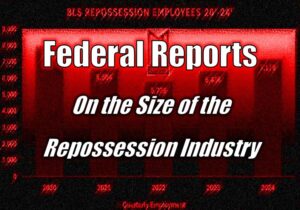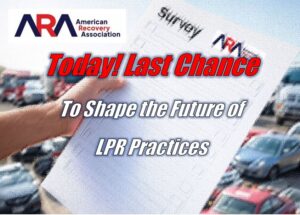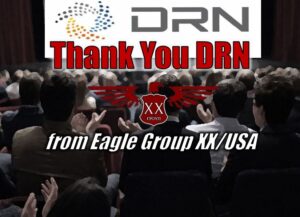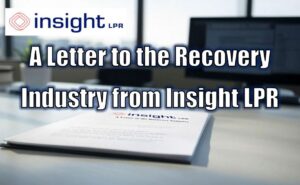
GUEST EDITORIAL
As we navigate through the Covid and post-Covid times I find myself evaluating all areas of my business. I have made huge changes in who I do business with, how I work those assignments and what a “good” client looks like.
Recently I have been thinking a lot about voluntary repossessions and whether they make sense. During the height of the Covid shutdown time, when we were down almost 90%, we did a large number of voluntary repossessions since that was nearly all there was to do. However, I decided to dig in a little more into why we do them so cheap and if they even produce a shred of profit. Following is what I found.
For the sake of this article I will use a typical voluntary from any of the major forwarders. Let’s assume this voluntary repossession pays $150 and let’s assume the same forwarder pays $300 for an involuntary repossession. The thought of a voluntary repossession that pays ½ of what an involuntary repossession pays might seem to be justified since it’s (almost) guaranteed, should come with keys for easier loading and unloading, and almost no danger. I find several problems with this thought though.
First let’s discuss the fixed costs to do any recovery. Your insurance does not care if you do more voluntary repossessions than involuntary repossessions. The space you own or lease to store these cars does not charge you less because it is a voluntary repossession. The CR and pics do not take any less time because it is a voluntary repossession. The paperwork required to process and release this car is not less, in fact sometimes require more, because it is a voluntary repossession. Your utilities do not charge any less because it is a voluntary repossession. The fact is the only place you save money on a voluntary repossession is possibly fuel because of 1 trip and you pay the driver less. However, many of us have a rollback that we use for voluntary repossessions and therefore the truck is actually 50% more expensive and gets less miles per gallon than a self-loader. So is a voluntary really any cheaper to recover and process? Maybe slightly, not ½. Which brings me to my next point.
While it’s true that $150 is half of $300, we all know that $300 per recovery does not produce enough revenue to meet all the costs and demands associated with being a profitable repossession company. I do admit to doing some forwarding work for $300, but I also expect that there will be some ancillary fees that can be charged on a large percentage of the involuntary repossessions to bring the total invoice higher, thus allowing profit, which is the whole reason any business exists. The place where we can get these ancillary fees is usually in either personal property, redemption, storage or locksmith services. All are very seldom collected on voluntary repossessions. Therefore knowing that because of ancillary fees the average invoice is higher than the $300, the voluntary repossession actually pays much less than 1/2 what an involuntary pays.
You are still responsible for that unit getting safely back to your lot, processing it, storing it safely, and releasing it and all the needed paperwork. If anywhere in the process the unit is damaged, you are responsible.
The next thing I decided to check is how much would a towing company charge to tow that same vehicle if they picked it up. We recently had a voluntary repossession that was in our coverage area but on the edge of where we go. This unit is 36.5 miles from my lot. We requested extra fees because after sending a 100k rollback with an hourly driver there was not any profit to speak of. I wondered what a local towing company would charge if it was assigned to them. I called 2. One of them quoted $219, the other quoted $250. This is for them to go get it and drop it at a destination. The price they quoted does not include 10-20 days of free secured storage, nor any type of pictures/condition report, nor $3-6 rdn/irepo/rc mobile fees. Do you know what else? They expect to get paid at the time of service. If we are lucky and dotted all of the I’s right and crossed every T we can expect to get our money, 50-70% less than a towing company, in 45-60 days.
Does any of this seem right to you? I am forced to pay software fees, carry more insurance, do more paperwork, provide free storage and let you hold my money for 45-60 days for less money than you could get your car towed across town? I don’t think so. I am no longer going to do it.
I have 2 thoughts on ways to correct this. Option 1 is voluntary repossession needs to pay the same as an involuntary repossession, I do not care how you get there; mileage fee, flatbed fee, bonus, whatever you want to call it but the dollar amount needs to go up. Option 2 is my voluntary repossession rate will include a very limited amount of miles. Anything over 5 or 10 miles will be an additional charge depending on distance.
We are being squeezed at every turn. Not anymore. Not this guy.
Brent Hulderman,
Owner, Absolute Recovery
Charlotte, NC










Facebook Comments